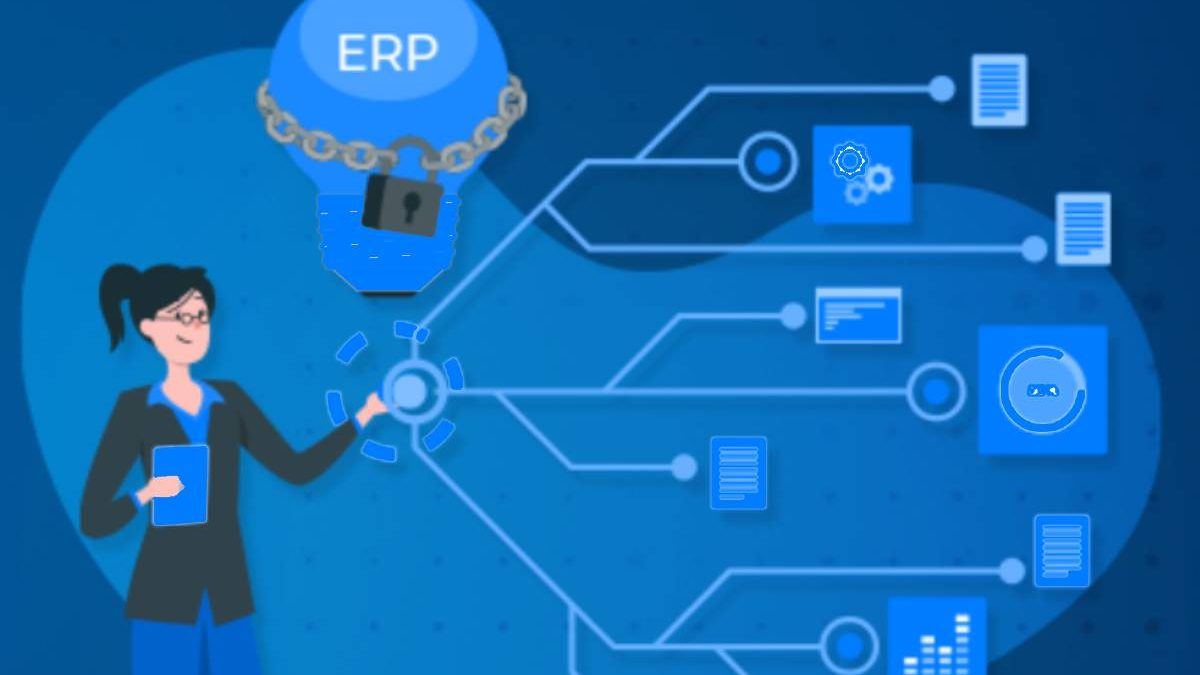Table of Contents
Introduction
Enterprise Resource Planning (ERP) systems are a key component of any business, and are extremely beneficial for streamlining processes and improving efficiency. For Singapore, a global business hub with its unique market dynamics, the selection of a suitable ERP system is critical. This article aims to guide Singaporean businesses in their journey to find an ERP system that aligns perfectly with their distinct requirements.
Navigating the Singaporean Business Terrain
Singapore’s business sector is known for its robust financial services, thriving trade, and burgeoning tech industry. The challenges here include stringent regulatory compliance, a highly competitive environment, and an international clientele. A well-chosen ERP system can be the key to managing these complexities, ensuring operational efficiency and competitive edge in a diverse market.
Determining Your Organizational Requirements
Before embarking on the ERP selection process, a comprehensive evaluation of your company’s specific needs is essential. This evaluation should encompass a detailed analysis of your internal processes, identifying areas where efficiency can be boosted, and pinpointing specific requirements. Factors like the scale of your operations, sector-specific demands, and potential growth should influence your decision. For example, a logistics firm in Singapore might prioritize real-time tracking and supply chain visibility, while a financial institution might focus on compliance management and risk assessment capabilities.
Essential Features for Singaporean ERP Systems
While foundational ERP elements such as financial management, human resource modules, and CRM are universally important, Singaporean businesses should also seek features that respond to local business needs. This includes support for Singapore’s financial regulations, multi-currency transactions, and bilingual functionalities. User experience and adaptability of the system should also be key considerations to facilitate staff engagement and productivity. Check out this comprehensive guide on the best Singaporean ERP systems.
Choosing the Right ERP Provider
The choice of an ERP vendor is a pivotal one. Evaluate providers based on their track record, customer support capabilities, and their grasp of Singapore’s business environment. It’s important to weigh the benefits of local providers who may offer more personalized solutions against international vendors who might bring a broader perspective and experience. The aim is to strike a balance that best serves your specific business context.
Deployment and Integration Strategies
The deployment of an ERP system is a critical phase that requires meticulous planning. Key strategies include clear goal setting, engaging stakeholders in the process, and ensuring business continuity during the transition. Effective integration with existing systems is paramount to maintain a cohesive flow of information. Providing comprehensive training and robust support to your team will maximize the benefits of the new system.
Financial Planning and ROI Considerations
Analyzing the total cost of owning and operating an ERP system is crucial. This includes initial setup costs, ongoing maintenance, and the potential need for additional modules or upgrades. Cloud-based solutions like Oracle NetSuite ERP will have much lower maintenance costs than on-premise solutions such as Infor Cloudsuite, so it’s important to assess all of these factors when setting a budget. Also, it’s advisable to perform a thorough analysis of the expected return on investment, considering the long-term operational efficiencies and growth opportunities the ERP system will enable.
Conclusion
Choosing an appropriate ERP system is a strategic decision with far-reaching implications for your business’s efficiency and growth. By conducting in-depth research and planning, and considering your unique business needs, you can select an ERP system that not only resolves current challenges but also supports your future aspirations.

